Michelle Obama was born Michelle LaVaughn Robinson on January 17, 1964, to Fraser Robinson III and Marian Shields Robinson. Descended from the Gullah people of South Carolina, her paternal great-great-grandfather, Jim Robinson was born into slavery in 1850 near Georgetown, South Carolina. He later gained his freedom at age 15 after the war.
Michelle had a conventional childhood. Her home was on the upper floor of 7436 South Euclid Avenue in Chicago’s South Shore community. Hers was a closely knit family; they enjoyed playing Monopoly and reading around the dinner table. She grew up playing the piano and being a devout member of the Methodist Church, which her family attended. Growing up as a black young lady in the 70s profoundly affected her. Michelle recalls being fearful of how others perceived her, but in time, she disregarded any negativity around her and used this fear as a springboard to achieve greater things. She faced gender discrimination growing up, saying that her brother’s opinions were more commonly sought than hers over subjects of discussion. Despite these challenges, she graduated in 1981 as the salutatorian of her class, a testament to her resilience.
Michelle gained admission to Princeton University, where she majored in sociology and minored in African-American studies. She graduated with a Bachelor of Arts in 1985. Michelle remembers that some of her high school teachers tried to dissuade her from applying, saying she was too ambitious, but she was determined to prove her worth. At Princeton, Michell experienced some racial and socioeconomic bias. The mother of her white roommate tried to get her daughter reassigned to another room because of Michelle’s race, and there were also instances of college students driving BMWs, which shocked Mitchelle because she didn’t have people with such net worth in her social circle. She earned a degree from Harvard Law School in 1988; by this time, she was confident that she had earned her place. Her faculty mentor at Harvard Law- Charles Ogletree, helped her resolve the complexities of whether she would remain the product of her parents or keep the identity she had acquired at Princeton. Still, she concluded she could be both brilliant and black. Michelle is the third first lady with a postgraduate degree, and she is grateful for her education, which has given her opportunities beyond her wildest dreams.
Michelle met Barack Obama at their law firm, Sidley Austin LLP, where she mentored him while he was a summer associate. They married on October 3, 1992, and have two daughters, Malia Ann (born 1998) and Natasha (known as Sasha, born 2001). In 1996, Barack was elected to the state senate and U.S. Senate in 2004. They chose to keep their residence in Chicago after Barack’s election rather than move to Washington, DC, as they felt it was better for their daughters. She was a bit wary about her husband contesting for president because she knew that her family would be subject to public scrutiny, and she was a very private person; she was also worried about how this would affect their daughters. In May 2007, three months after her husband declared his presidential candidacy, Michelle reduced her professional duties by 80 per cent to support his presidential campaign. The presidential campaign was considered her first exposure to the national political scene, and she was considered the least famous of the candidates’ spouses.
During her early months as First Lady, Michelle visited homeless shelters and sent representatives to schools, demonstrating her dedication to public service. Her advocacy work as First Lady extended to poverty awareness, education, nutrition, physical activity, and healthy eating. She has written three books, including her award-winning memoir Becoming (2018) and The Light We Carry (2022). In January 2010, Obama started an initiative, which she named “Let’s Move!” to help reverse the 21st-century trend of childhood obesity. On February 9, 2010, the First Lady inaugurated Let’s Move!, and President Barack Obama created the Committee on Childhood Obesity to review all current programs and create a national agenda for change.
In May 2006, Essence listed Michelle among “25 of the World’s Most Inspiring Women”. In July 2007, Vanity Fair listed her among “10 of the World’s Best Dressed People”. In September 2007, 02138 magazine listed her as 58th of “The Harvard 100”, a list of the prior year’s most influential Harvard alumni. In July 2008, she was lauded by the Vanity Fair on their international best-dressed list. She also appeared on the 2008 People list of best-dressed women and was praised by the magazine for her classic and confident style. Also, for three consecutive years – 2018, 2019, and 2020 – Michelle topped the Gallup poll for the “most admired woman” in the U.S., a testament to her achievements and influence.
Michelle discusses salient life lessons in her book, The Light We Carry. She talked about how thinking small can help you with the big stuff, citing the anxieties she experienced over the racial and societal divide the American society experienced at the turn of the 2016 elections and how focusing on something simple, accomplishable and absorbing, and finding comfort in something smaller than her fear helped her begin knitting and giving her a sense of completion in a world that will always and forever feel chaotic and incomplete. She also emphasized that some fears can’t be conquered, but we can still forge ahead despite them. She emphasizes the notion of being comfortably afraid and learning to deal wisely with fear. Another valuable life lesson she shares is that though life can be challenging, it is important to “get yourself out of other people’s mirrors.” This concept deals with people projecting their limitations and fears on you. It is important that we not view ourselves through the fears and limitations of others; instead, we should create our own lenses where we aspire to greater heights in all spheres of life. Don’t neglect your ‘Kitchen Table is another valuable lesson where Mitchelle discusses the power of your inner circle and how having that small, tight team of people who will be there for you no matter what is very valuable. The fifth life lesson she discussed in her book emphasizes the importance of being kind to yourself and why it’s important to start the day being kind to yourself and others.
In all of this, Michelle remains an inspiration not only to black women but to all women in the world. She typifies the values of resilience and tenacity while reminding us to aspire for more extraordinary feats in life.

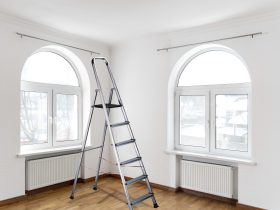
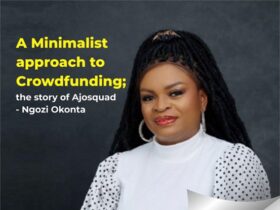
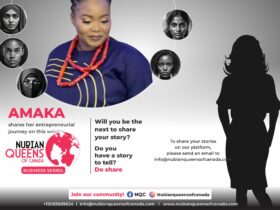
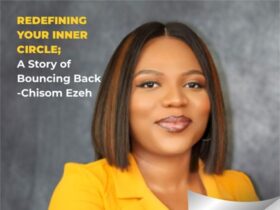
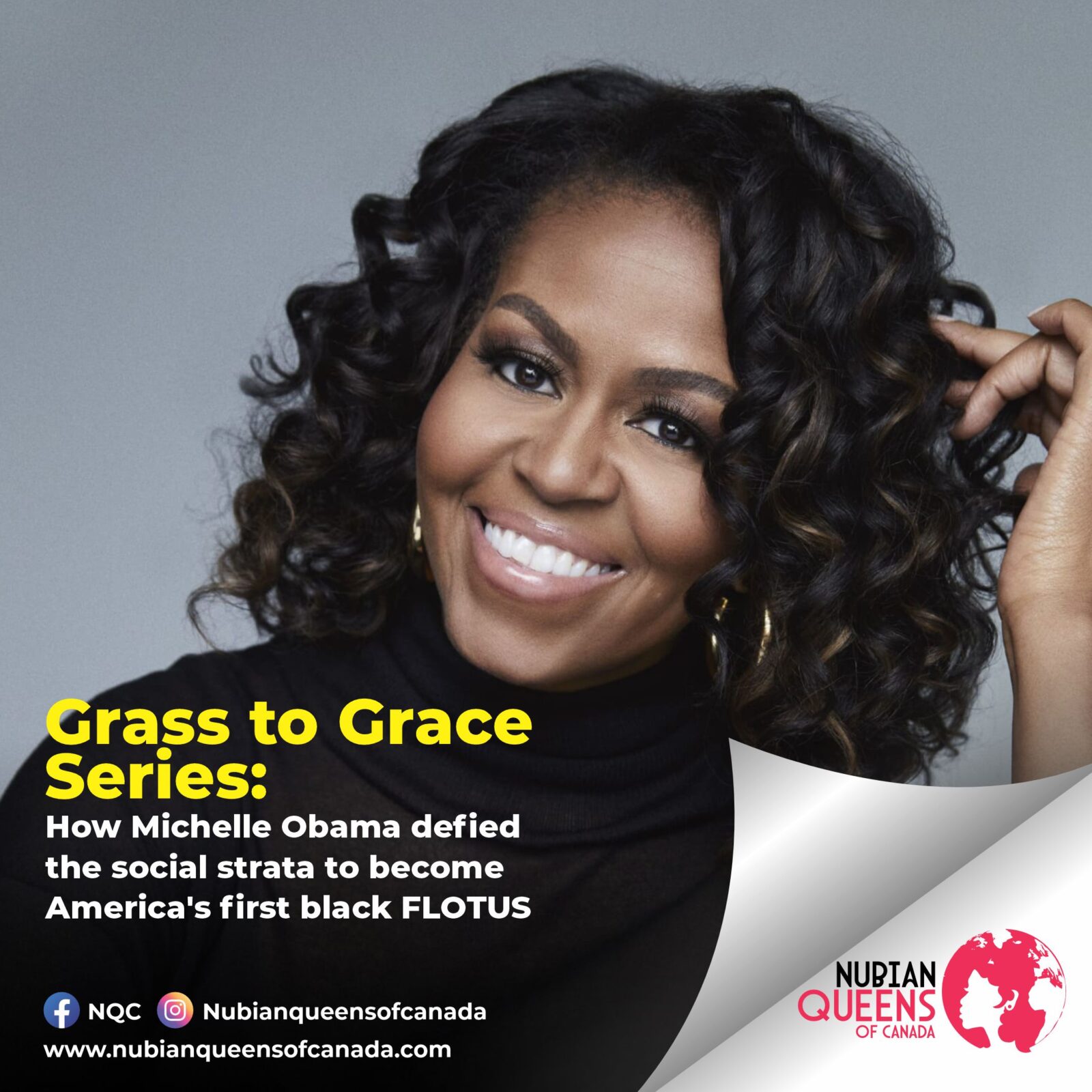
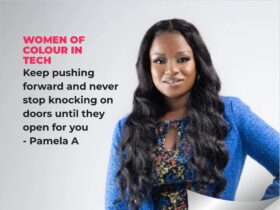

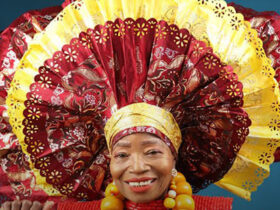

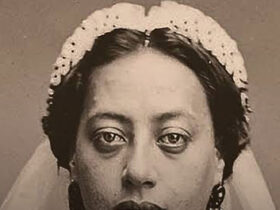

This text describes the early life and challenges faced by Michelle Obama. It highlights her upbringing in a close-knit family, her academic achievements, and the racial and gender discrimination she encountered. Michelle’s determination and resilience helped her overcome societal biases and succeed in her education. Her story is an inspiring example of perseverance and ambition. How did her experiences at Princeton shape her perspectives on race and equality?
Michelle Obama’s journey is truly inspiring, showcasing her resilience and determination in the face of adversity. Her upbringing in a close-knit family and her early experiences with discrimination shaped her into the strong woman she is today. Despite the challenges she faced, she excelled academically and pursued her ambitions with unwavering focus. Her story highlights the importance of perseverance and self-belief. How did her experiences at Princeton influence her later advocacy work?